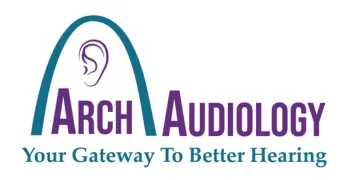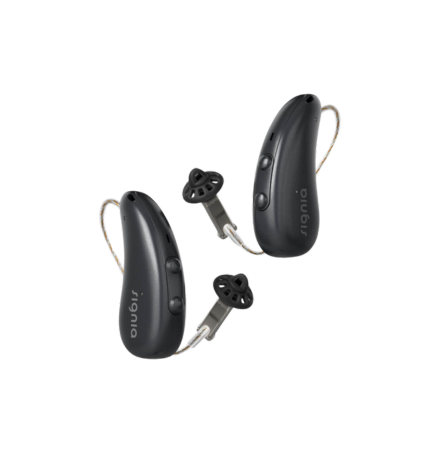Tinnitus and Hearing Loss

Connecting Tinnitus and Hearing Loss
Sometimes being able to hear is taken for granted. It is not until something goes wrong with the ability to hear that it becomes obvious how vital this sense is in life. When an issue like tinnitus or hearing loss arises, the connection between them must be understood.
Tinnitus can take on many forms, but it generally occurs when auditory nerves in the ears send signals to the brain that create a ringing or buzzing sound even when there are no outside noises present. There are several causes of tinnitus, including age-related hearing loss, noise exposure from high decibel environments, head and neck trauma such as whiplash, and underlying medical conditions such as allergies or diabetes.
Hearing loss can also develop due to a variety of causes. Age-related hearing loss is common and occurs naturally as part of aging, but excessive exposure to loud sounds, ear infections, and even genetic conditions can all cause hearing loss. Typically the first sign of hearing loss is a decreased ability to understand conversation in noisy places; this is often accompanied by tinnitus symptoms such as a buzzing or ringing sound in one or both ears.
When there is an associated tinnitus sound with hearing loss, it is important to understand that they are connected in some way. One possibility could be that when hearing starts to decrease, brain cells attempt to compensate by creating phantom noises known as tinnitus sounds which become more pronounced if the underlying cause of hearing loss remains untreated or worsens over time.
In addition, medications taken for certain health conditions have been linked with both temporary and permanent tinnitus symptoms developing alongside congestive heart failure and other cardiovascular diseases . Some drugs used for chemotherapy treatments also come with a risk of causing temporary or permanent changes in perceived sound levels including tinnitus-like symptoms. This does not mean everyone taking these medications will experience alterations in their sense of sound – just that those who do should take care to recognize any changes early so further investigation into their condition can be done promptly .
For many people, wearing hearing aids can stimulate the auditory nerve enough to relieve tinnitus while the patient is wearing their instruments. To find out if this solution is right for you, use the link below to schedule an appointment for a free hearing evaluation.
See, if you suffer from diagnosed hearing loss or you feel like your hearing health is deteriorating but you're reluctant to seek help, you are not alone. Though it may seem like a huge obstacle, with the correct help you can continue to live an unimpeded life!
If you're concerned about your hearing health, you can request an appointment with Dr Kramer today by clicking below!

Our Audiology Services

Hearing Evaluations

Hearing Aid Dispensing

2nd Opinions